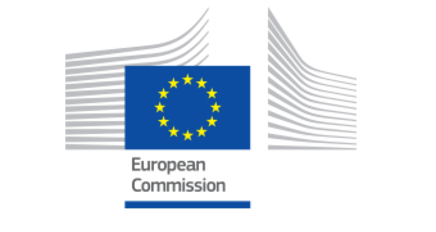
Join PICUM and others in calling for Europe to do better for migrants. The European Union has opened the way for dialogue with civil society on pressing issues relevant for its work on health. One of those issues is migration.
How is migration a health issue?
- The right to health is universal. It applies to everyone, without discrimination, and includes the right to care and the underlying determinants of health. Yet evidence shows that migrants are worse off than others, and face systematic barriers to care.
- EU and member states have a duty to safeguard the right to health. This duty applies across sectors, and is contradicted by policies that push migrants and ethnic minorities into deeper vulnerability.
- Discrimination at the individual and institutional levels, and limited social rights, are at the heart of inequalities in health status experienced by migrants.
- We’re all better off when our health systems are inclusive and accessible to all, and no one is left behind.
What we are calling for?
More than twenty organisations are asking Europe to do better. Join us in calling for:
- A more holistic, human-centered approach to migration and health that does not focus only on responses at the border and to humanitarian crises, but also on ensuring sustainable, accessible and appropriate care for all migrants in Europe.
- Implementation of a robust “health in all policies” approach, consistent with the EU’s treaty obligations, so that policies in other sectors do not undermine, and where possible support, Europe’s duty to safeguard the right to health, without discrimination.
- Specific and focused initiatives addressing discrimination as a determinant of health, such as funding for research on the impact of stigma and discrimination experienced by migrants and ethnic minorities on their health; and a commitment by European institutions to ending the use of dehumanizing language that refers to any person or form of migration and “illegal”.
- Concrete steps to mitigate the health-related effects of immigration control, such as integrating an explicit family perspective into immigration policy, enacting a clear policy against the detention of children and their families, and the development of guidelines to promote trust in public institutions and the health system by prohibiting the exchange of data for immigration control purposes.
- More and better data on and analysis of migrant and ethnic minority health to better understand and to address in a targeted way health inequalities experienced by migrants and ethnic minorities, and integration of migration status and ethnicity into measures of universal health coverage and social determinants.
- More focus on structural, rather than stop-gap, change to health systems that encourages the adoption of sustainable approaches, grounded in established rights, norms and evidence, and consider specific action to address maternal health, consistent with Sustainable Development Goals 3 and 5.
To view the full Call to Action, click here.
The Call to Action draws on key elements defined in a Framing Document that sets out in more detail the intersections between migration and health, and systemic factors affecting migrant and ethnic minority health.
Organisations and associations are invited to contact Fakhria Al Bidir (fakhria@picum.org) to join the Call to Action.
The deadline for joining the call is 10 January 2018.

